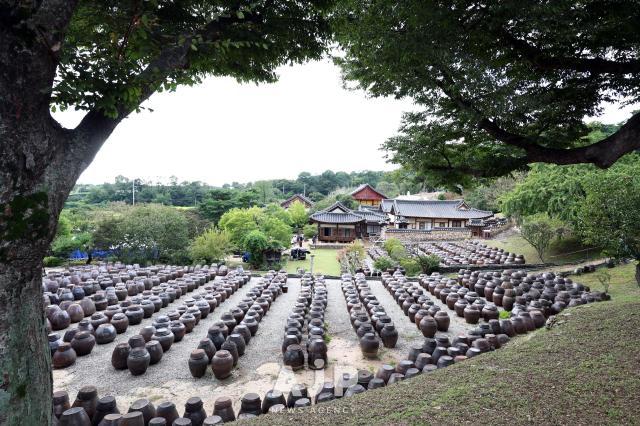
NONSAN, September 16 (AJP) - In an age of hyper-modernity, where sleek hotels and digital conveniences dominate our travels, there's a certain magic to stepping back in time.
It's a magic that comes not from flawless service, but from the slight, delightful inconvenience of history itself. This is the experience that awaits at Myeongjae Historic House, where a stay is not just a night's rest, but a journey into the heart of Korea’s rich past.
Nestled in the serene landscape of Nonsan, this traditional tiled-roof house is said to have been built by Joseon Dynasty scholar Yun Jeung. While he lived centuries ago, his legacy is tangible: the ridge beam inscription from 1847 has been preserved as a national folk cultural heritage, a silent testament to the house’s enduring history.
The house is a living piece of art, perfectly integrated with its natural surroundings. A walk through the grounds reveals a harmony of nature and human craftsmanship.
Majestic pine forests stand guard in the front and back, while hundreds of large, weathered crocks line the right side of the property. Still in use, they emit the rich, earthy scent of aging soy sauce — a scent that evokes a simpler, more connected way of life.
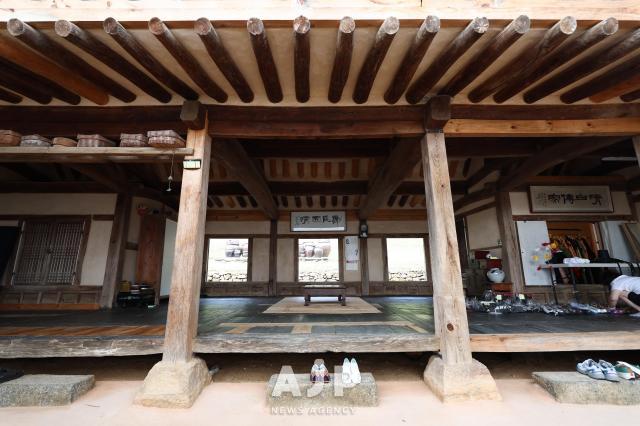
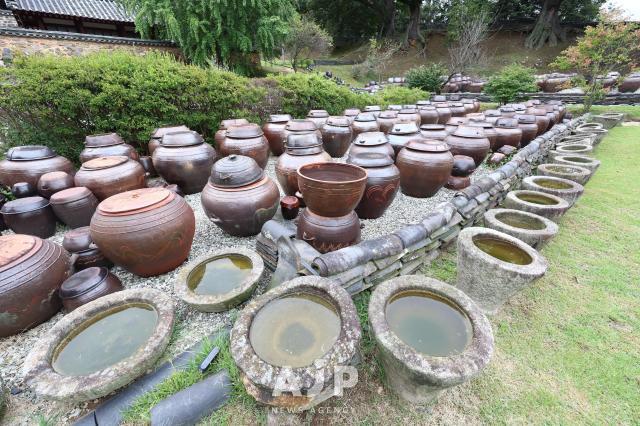
Nearby, ancient zelkova trees, designated as protected cultural assets, cast their long shadows, adding to the timeless feel of the place. The interplay of the house, the crocks, and the trees is a photographer's dream, a scene begging to be captured.
Inside, the home feels alive with history. Visitors can see everyday items that have all but vanished from modern life. The wood, which has been meticulously maintained by Yun Jeung’s descendants, speaks of a commitment to preservation.
The bedrooms are a study in traditional aesthetics, decorated with antique furniture and accessories, and adorned with classic Korean bedding. Yet, the house doesn't exist in a vacuum; the bathrooms and washing facilities have been subtly modernized, providing a comfortable blend of old and new.
This fusion of past and present was on full display on Sept. 13, when Myeongjae Historic House became the stage for a unique Hanbok fashion show. Local residents modeled traditional hanbok, reenacting significant life milestones — from a student's first day at a seodang (traditional school) to the joyous celebration of a 60th wedding anniversary. The designs were crafted by Jo Gyeong-sook, a Seoul City Intangible Cultural Heritage, whose work brought the vibrant history of the garments to life.
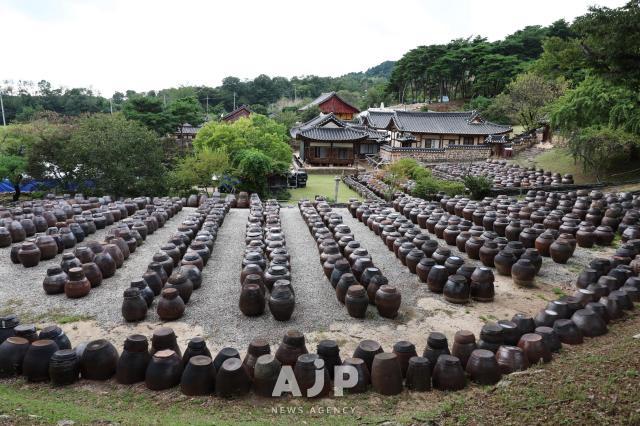
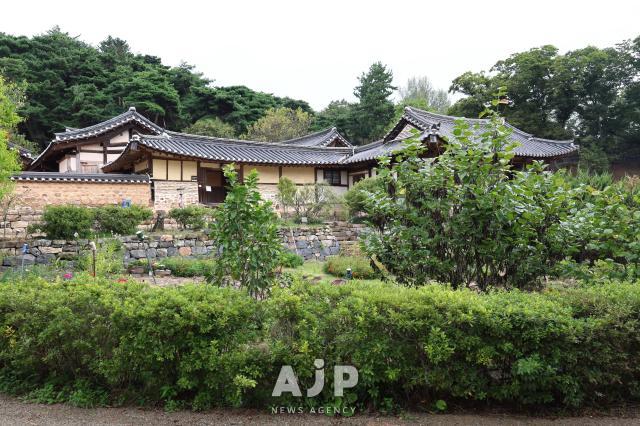
Myeongjae Historic House is a perfect base for exploring Nonsan's other cultural treasures. Just a short distance away lies Gwanchoksa Temple, home to a magnificent Goryeo-era stone standing Buddha, and Donam Seowon, one of nine Korean Confucian academies listed as a UNESCO World Heritage site.
A stay at Myeongjae Historic House is more than just a hotel booking. It's an immersive cultural experience, a quiet escape that proves some of the most memorable journeys are found not in the pursuit of what's new, but in the embrace of what's old.
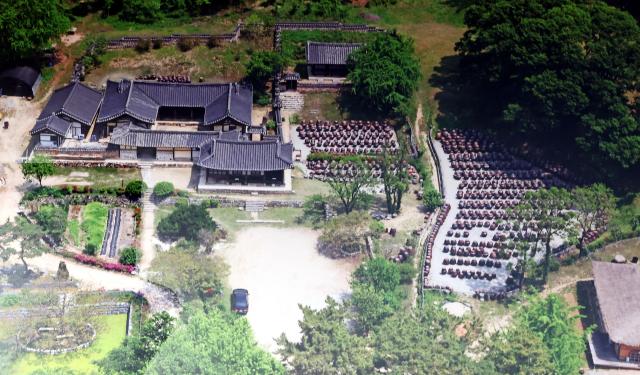
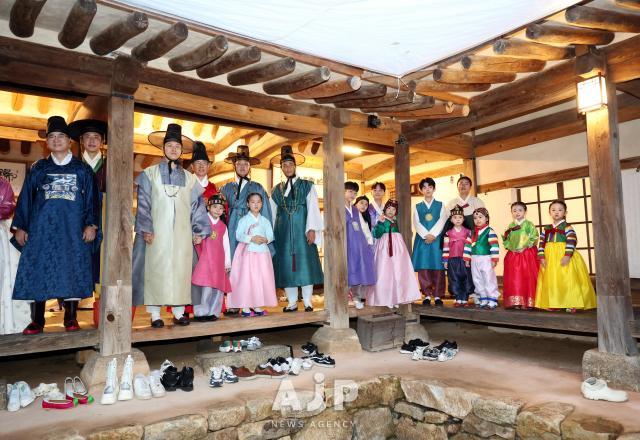
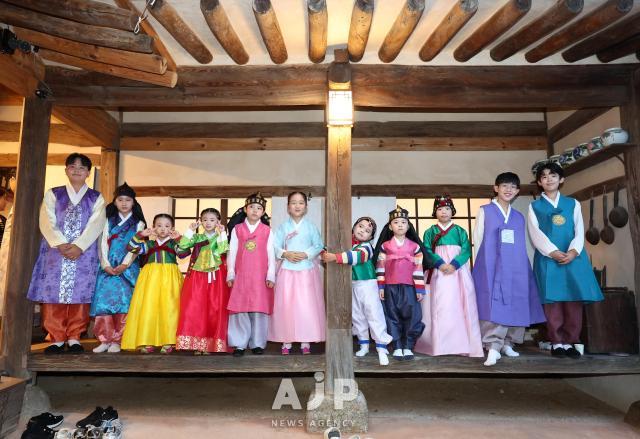
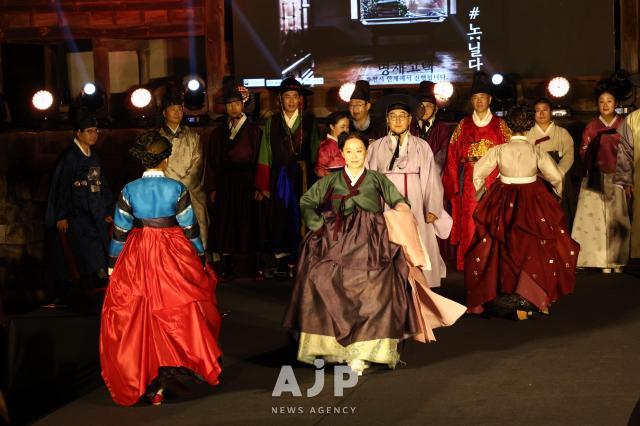
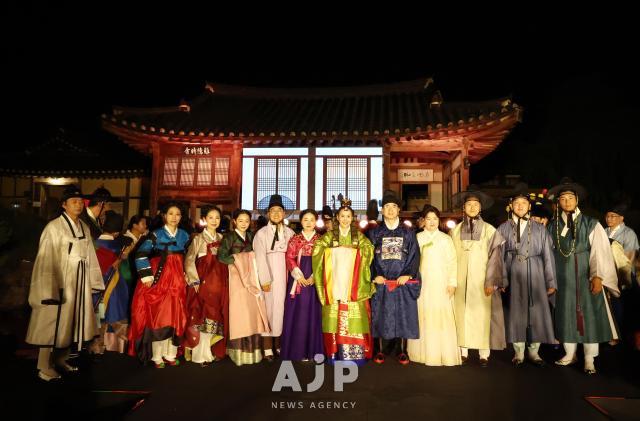
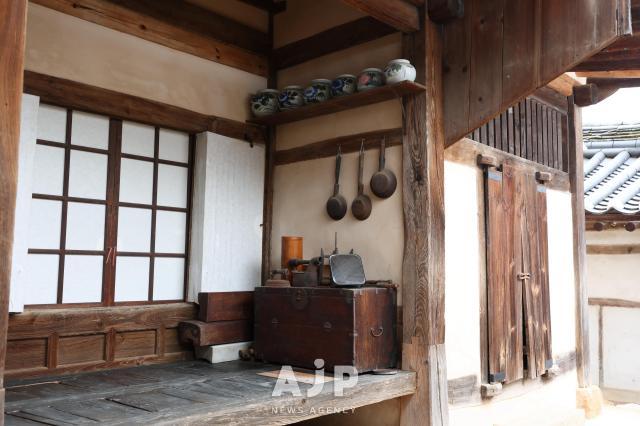
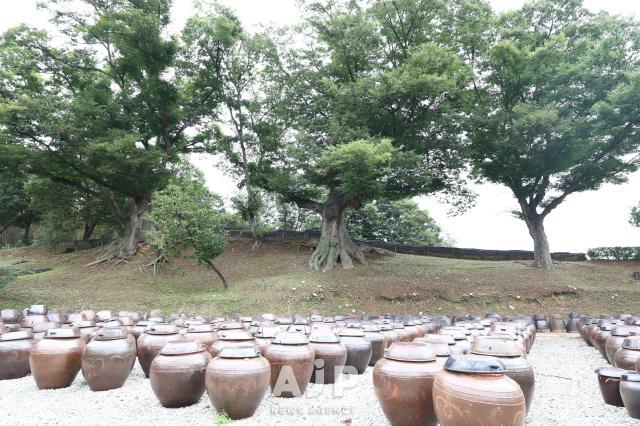
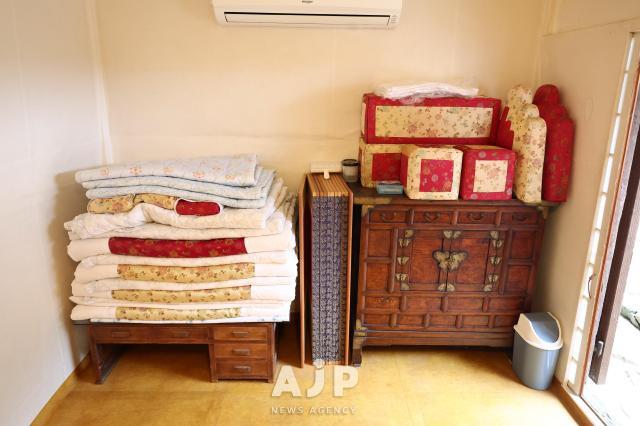
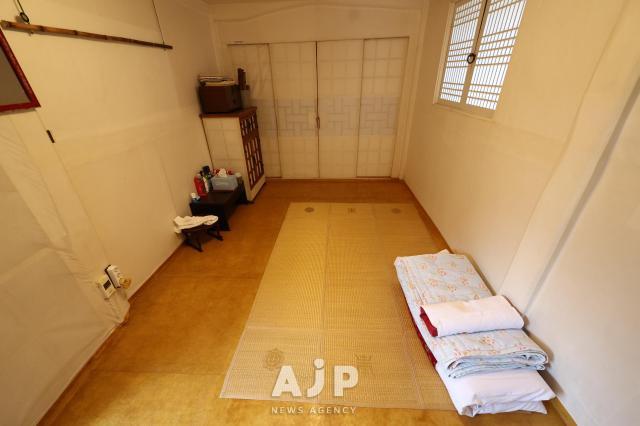
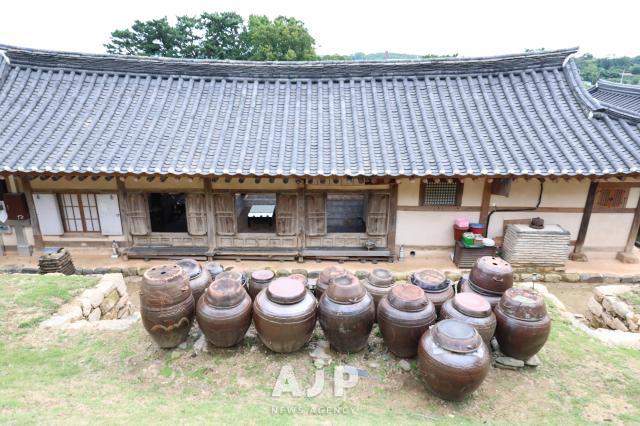
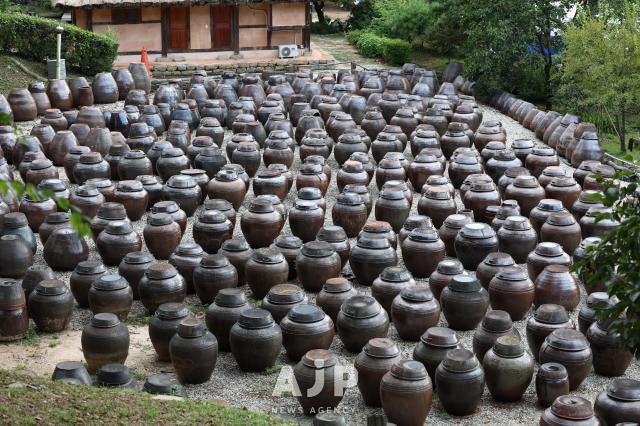
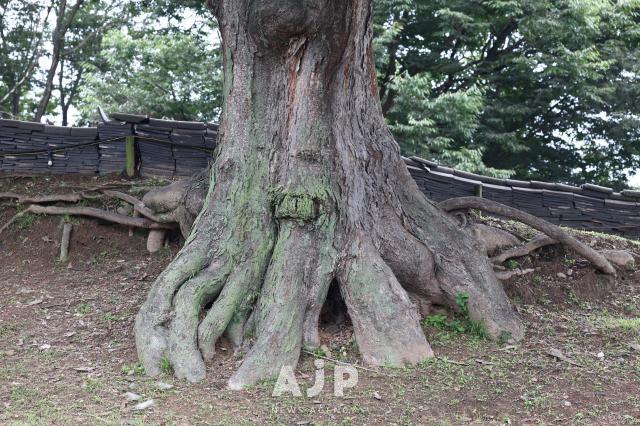
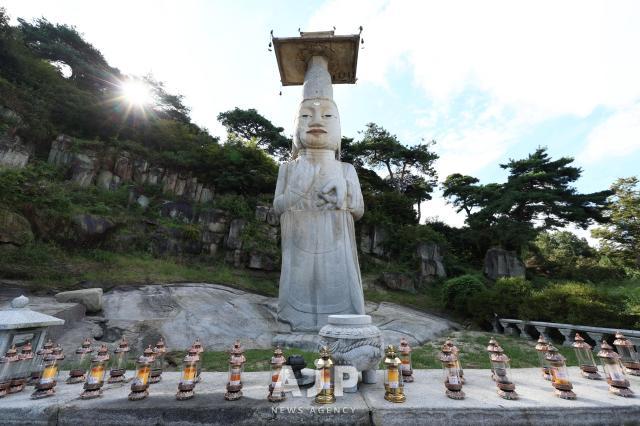
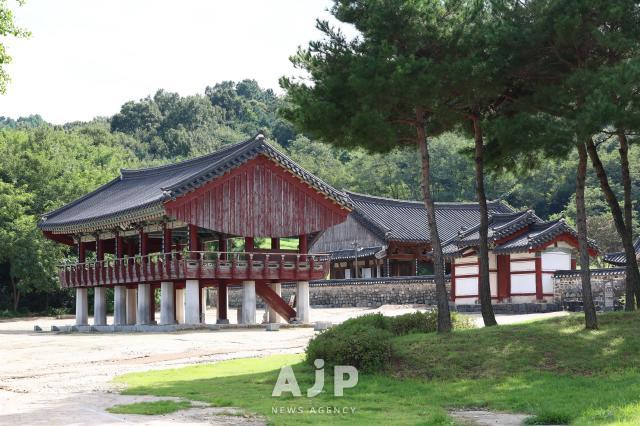
Copyright ⓒ Aju Press All rights reserved.




